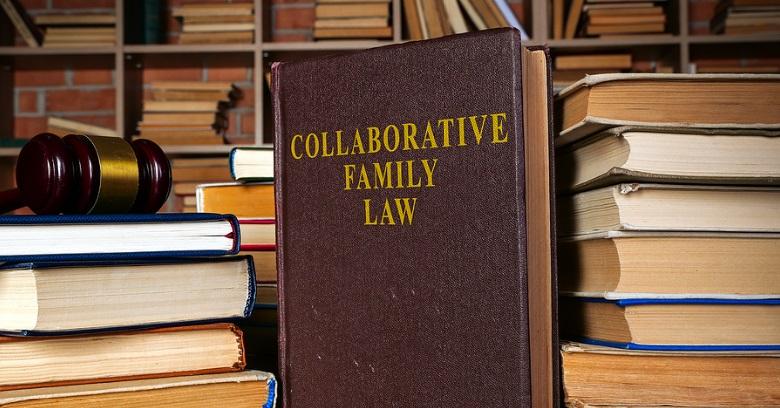For many, one of the worst things about divorcing is the impersonal negotiation process and the possibility of having to go to court.
It is good to learn that today there are many divorce alternatives available to those willing to take advantage of them, including collaborative divorce.
Working with lawyers who are experienced with collaborative divorce, couples seeking to terminate their marriage can do so in a manner that is more peaceful than other ways.
When choosing this option, it is important to hire divorce attorneys familiar with the collaborative process, an approach that is considerably different than litigation.
What Is Collaborative Divorce?
A collaborative divorce is a divorce alternative that focuses on a compromise between spouses.
It is a plan that begins with an agreement ahead of time to resolve all issues collectively and without litigation, with each spouse compromising to come up with interest-based resolutions so all issues are acknowledged and resolved fairly.
Working with collaborative divorce lawyers, spouses will identify the issues that have brought them to the point of divorce, then work in a civil fashion to determine how to best move forward with any issues that require negotiation including distribution of property, child custody, and other pressing concerns.
This agreement-based negotiation is similar to mediation in that its purpose is to keep things more amicable and respectful as well as keep the divorce from progressing into the courtroom.
How Is Collaborative Divorce Handled?
A collaborative divorce is one that is handled in private, with spouses and their trained divorce attorneys meeting on whatever schedule works for the couple.
There are no subpoenas and mandatory meetings other than what is set up collectively by clients and their lawyers.
This unique process offers a more convenient and affordable divorce alternative and also allows for the highest degree of creativity.
Divorce agreements can be more easily modeled to specific spouse and family member needs, as opposed to allowing a judge who does not have a close understanding of the couple or family to make those decisions.
With discussions happening in a more casual environment, spouses who follow through on their agreement to work out of court will appreciate a less stressful divorce overall.
What Is The Role Of A Collaborative Divorce Lawyer?
An experienced collaborative divorce lawyer is an integral part of this alternative divorce process, as they as both a lawyer and a mediator.
The chosen attorney must develop enough of a relationship with their client and family situation in order to negotiate based on the best interest of all parties involved, not just their individual client.
It also requires an understanding of all aspects of family, divorce, and custody law as well as a willingness to suggest creative solutions to facilitate an amicable divorce.
While the Texas Family Code does not require specific experience to handle a collaborative divorce, most lawyers handling collaborative divorces have received additional training in the Collaborative Divorce Process, belong to Collaborative Divorce Texas, and have many years of experience.
Hire A Collaborative Divorce Attorney With Experience
Because a collaborative divorce is handled differently than a standard one that has the potential to end up in court, it is important to choose a divorce attorney experienced with this process.
With the assistance of a trained collaborative divorce lawyer, couples can achieve success with this creative divorce alternative in a more relaxed and friendly environment.
Schreier & Housewirth Family Law
1800 West Bowie Street, Suite 200-E
Fort Worth TX 76110
817-923-9999
Gregory L. Housewirth is a Board-Certified Family Law Specialist practicing in Fort Worth Texas. With 30 years of family law experience, Mr. Housewirth has represented hundreds of clients in divorce, custody, CPS, modification, and grandparent cases. In addition, Mr. Housewirth is a qualified family law mediator and a member of Collaborative Law Texas, a practice group dedicated to promoting collaborative divorce in Texas.



